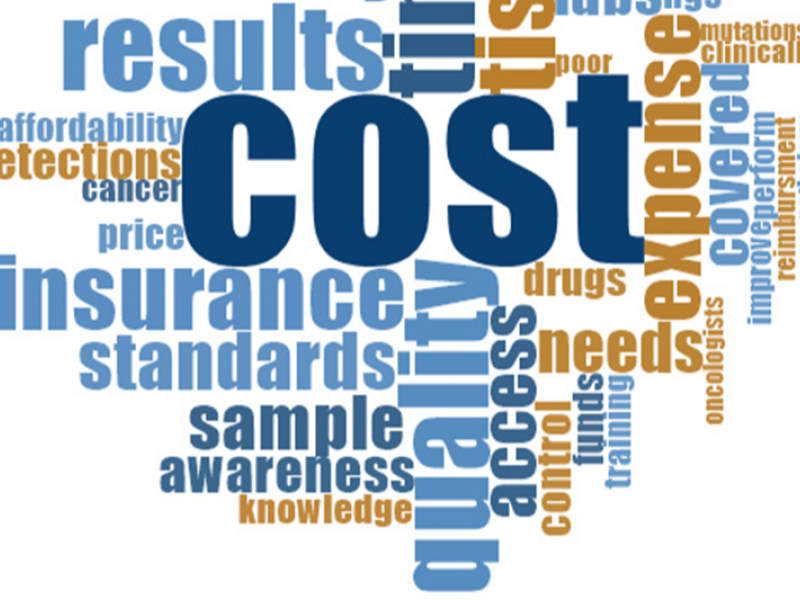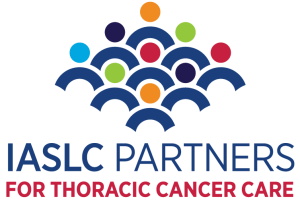
The Results from the 2024 Global Survey on Biomarker Testing in Lung Cancer are available now!
We want to thank all IASLC members, healthcare practitioners, and other stakeholders who participated in our 2024 Global Survey on Biomarker Testing in Lung Cancer. This information will enhance our understanding of the current landscape surrounding biomarker testing in patients diagnosed with lung cancer globally.
Biomarker testing is essential in lung cancer care, allowing for personalized diagnosis and treatment. By pinpointing specific genetic mutations, it enables multidisciplinary cancer care teams to select the most effective targeted therapies, improving outcomes and minimizing side effects. As cancer care advances toward precision medicine, the importance of biomarker testing in guiding treatment decisions grows significantly; However, the global adoption of comprehensive biomarker testing remains inadequate.
2024 Global Biomarker Testing Survey

To better understand barriers to implementation and utilization of biomarker testing globally, the IASLC conducted a survey in 2017 to assess current practices and barriers to uptake of biomarker testing globally. Since the publication of these results in 2018 there have been several therapeutic breakthroughs:
- Approvals for advanced lung cancer treatments targeting MET, RET, KRAS, HER2, and NTRK mutations.
- Growing regulatory endorsements for ICI-based treatments in stage II-III disease.
- The authorization of osimertinib for resectable lung cancer.
With these advancements, it is the ideal time to conduct a new survey to assess the current landscape of biomarker testing globally.
This updated survey captured the evolving trends in biomarker testing since our last assessment, shed light on the current momentum toward adopting or intensifying NGS testing, and delve into the challenges faced by various providers and health systems. Our objective is to leverage this data to craft a comprehensive resource guide on NGS testing implementation.
This survey is in partnership with the IASLC Partners for Thoracic Cancer Care.













